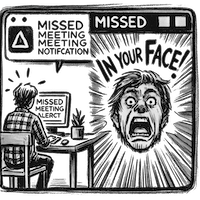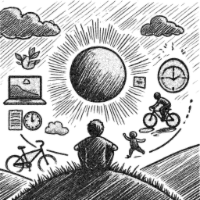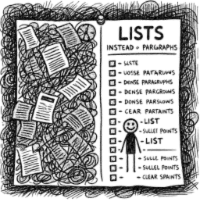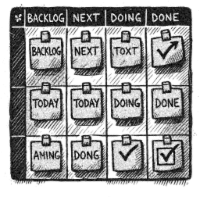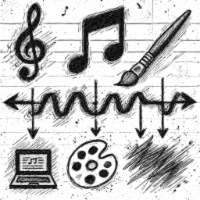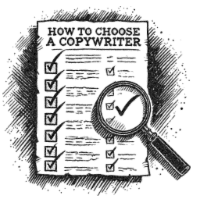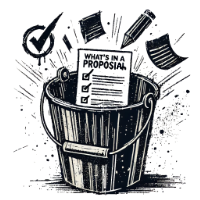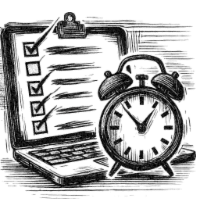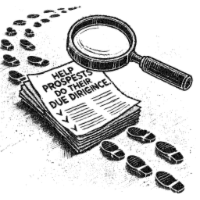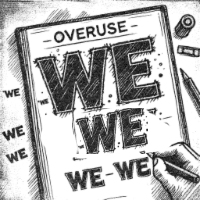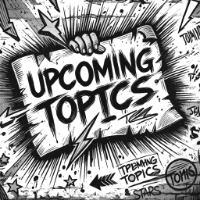"Telling a story"

Such an overused, under-understood term. I love asking people what that means—including other copywriters.
Most struggle.
So here ya go...
- What's the problem?
- Who has it?
- How does it make them feel?
- How do you solve it?
- What's success look like after working with you?
- What should the reader do next?
Whether for an email response, post, pitch line, LinkedIn profile or web page.
So then...
- Write those questions out
- Answer them clearly—in plain English
- Then write your (master) piece
That's how to

